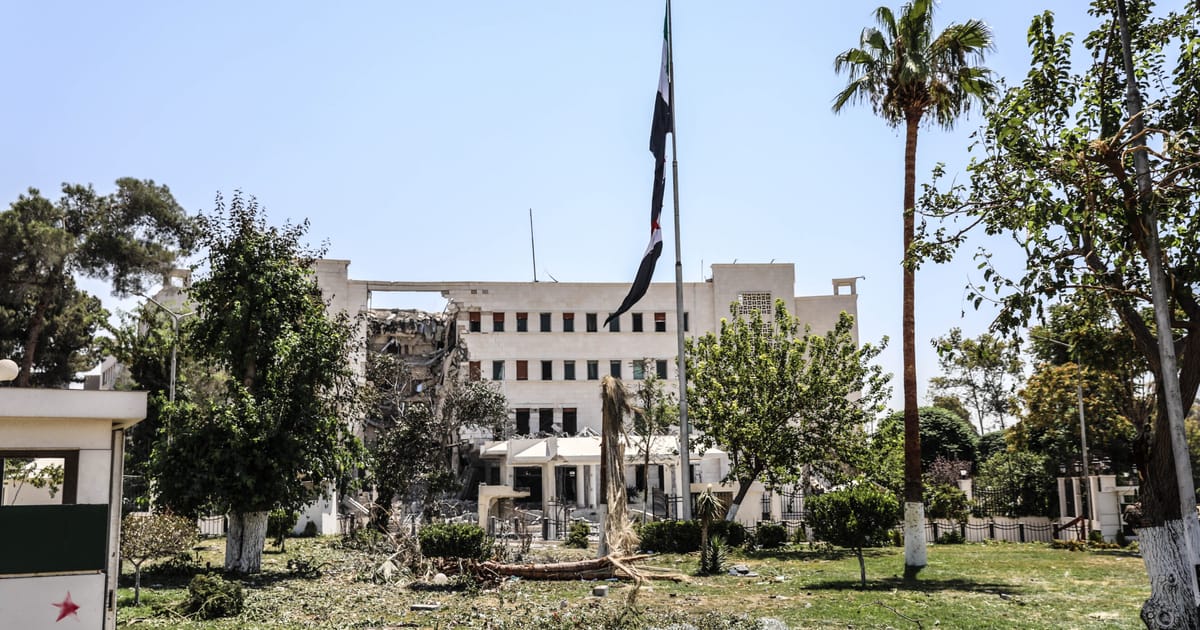

In a poignant turn of events echoing a desire for peace amidst regional unrest, Israel and Syria have successfully reached a ceasefire agreement. This development brings a sense of hope and relief to the communities impacted by the recent intensification of conflict, particularly in Syria’s southern Sweida region, which saw significant clashes over the past week.
The Syrian presidency has officially announced an immediate and comprehensive ceasefire in Sweida. This measure brings an end to the violent confrontations between armed tribal groups and Druze fighters, which tragically claimed the lives of over 700 individuals. The secession of hostilities comes in the wake of Israel’s military withdrawal under substantial diplomatic pressure following its bombardment. Internal security forces have now been repositioned in the province, firmly urging all involved parties to adhere to the newly established truce.
Highlighting the gravity of the situation, the announcement stressed that any breach of the ceasefire would be viewed as a violation of Syria’s sovereignty, emphasizing the necessity for sustained peace. This assertive yet conciliatory approach reflects the regime’s acknowledgment of the momentous challenges it faces and its commitment to restoring stability in the region.
Amidst these local developments, tensions in the broader Middle East continue to draw international concern, highlighted by a recent Israeli strike on Gaza’s only Catholic church, resulting in the loss of three lives. A subsequent meeting between Israeli Prime Minister Benjamin Netanyahu and Pope Leo underscored the global call for peace and the resolution of conflicts. During the meeting, the Pope communicated the ‘heartbreaking toll’ that the violence had unleashed across the region, advocating for a swift and sustainable ceasefire solution.
The strike on the Holy Family Church in Gaza City prompted an ecclesiastical delegation, headed by the Catholic Latin Patriarch of Jerusalem, Pierbattista Pizzaballa, and his Greek Orthodox counterpart, Theophilos III, to travel to Gaza. This visit aimed to show solidarity with the local Christian community who continue to face challenges amidst the ongoing conflict. The leaders called for accountability for the violence and urged for preventive measures to ensure no recurrence of such tragic incidents.
As these events unfold, they illuminate the intricate and sensitive dynamics at play in the Middle East, reflecting broader geopolitical tensions. However, the successful negotiation of a ceasefire in Sweida marks a critical stride towards peaceful resolution and showcases the potential for dialogue and diplomacy in mitigating conflict. The international community watches with hope that these efforts will pave the way for sustained peace and security across the region.
In essence, while challenges remain, the recent ceasefire agreements and diplomatic engagements suggest a shared desire for stability and peace. These emergent narratives of hope serve as reminders of the strength found in unity and dialogue when addressing complex international conflicts.
Source: {link}
